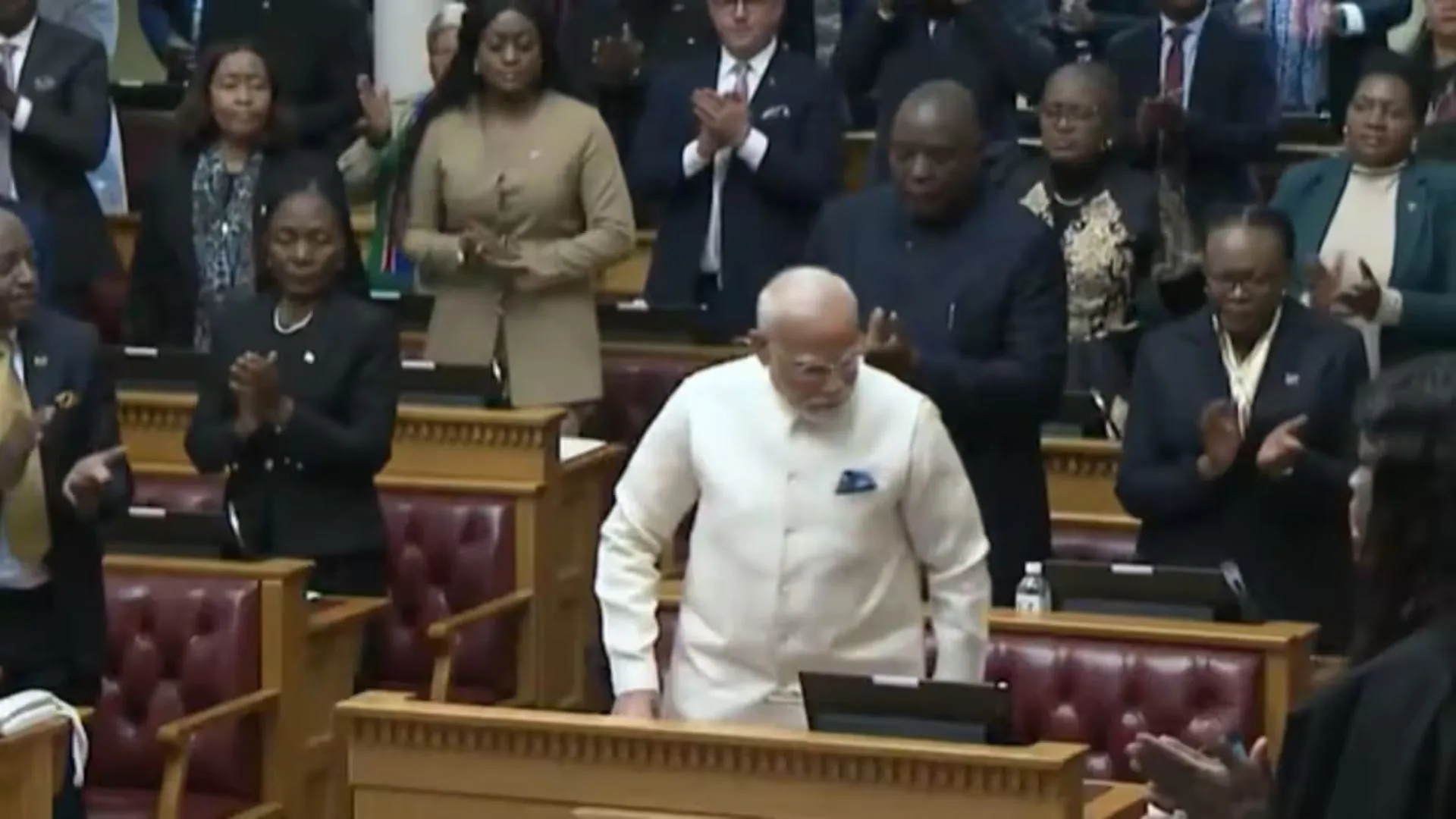India’s Defence Attaché to Indonesia, Captain Shiv Kumar, recently revealed that the country lost some fighter jets on the first day of its latest military clash with Pakistan. He said the government had initially restricted Indian strikes to terrorist targets, not Pakistani military assets.
Remarks Made During Jakarta Seminar
Captain Kumar made the statement on 10 June during a seminar in Jakarta. The event was titled “Analysis of the Pakistan-India Air Battle and Indonesia’s Anticipatory Strategies from the Perspective of Air Power.” These remarks were not known to the public or media before now.
He responded to an Indonesian aerospace expert who claimed that India lost five fighter jets—three Rafales, one MiG-29, one Sukhoi-30—and a tactical drone.
Operation Sindoor Was India’s Retaliation
India launched Operation Sindoor in response to the terrorist attack in Pahalgam on 22 April. In that attack, Pakistan-backed militants killed 26 people, most of them tourists.
Government Told Forces Not to Hit Military Targets
Captain Kumar explained that the initial strategy was limited due to orders from the top. He said, “I may not agree with him that India lost so many aircraft. But I do agree that we did lose some aircraft, and that happened only because of the constraint given by the political leadership not to attack the military establishments and their air defences.”
According to him, these instructions affected India’s ability to defend its aircraft in the early stage.
India Quickly Changed Its Strategy
After suffering early losses, India shifted its military approach. Captain Kumar explained how the Air Force responded.
He said, “After the loss, we changed our tactics and went for their military installations. We first achieved suppression of enemy air defences and destruction of enemy air defences (known as SEAD and DEAD in military parlance), and that’s why all our attacks could easily go through using surface-to-air missiles and surface-to-surface missile. On 8, 9 and 10 May, there was complete air superiority by India.”
This shift allowed Indian forces to break through Pakistan’s defences and regain control.
Defence Ministry Silent, Embassy Issues Clarification
India’s Ministry of Defence did not respond to Kumar’s remarks. However, the Indian Embassy in Jakarta issued a clarification.
The statement said the media took his comments “out of context.” It added “The media reports misrepresented the purpose and focus of the presentation. The presentation explained that the Indian Armed Forces operate under civilian political leadership, unlike some neighbouring countries. It also clarified that the objective of Operation Sindoor was to target terrorist infrastructure, and that India’s response was not meant to escalate the conflict.”
General Chauhan Previously Admitted Air Losses
One month earlier, India’s Chief of Defence Staff, General Anil Chauhan, spoke at an event in Singapore on 31 May. He confirmed that India lost fighter jets on 7 May due to tactical errors. He also said the Air Force quickly corrected those mistakes and returned with more jets for precision strikes deep into Pakistan.
Government Yet to Address Losses Officially
Despite several high-level admissions, the Indian government has not officially confirmed or denied aircraft losses during the conflict.Captain Kumar also shared that the armed forces had received strict instructions from the government.
He stated, “No military installations, no civilian sites… nothing unrelated to terrorists was to be targeted.” This order shaped India’s early response and influenced its military decisions during Operation Sindoor.





















